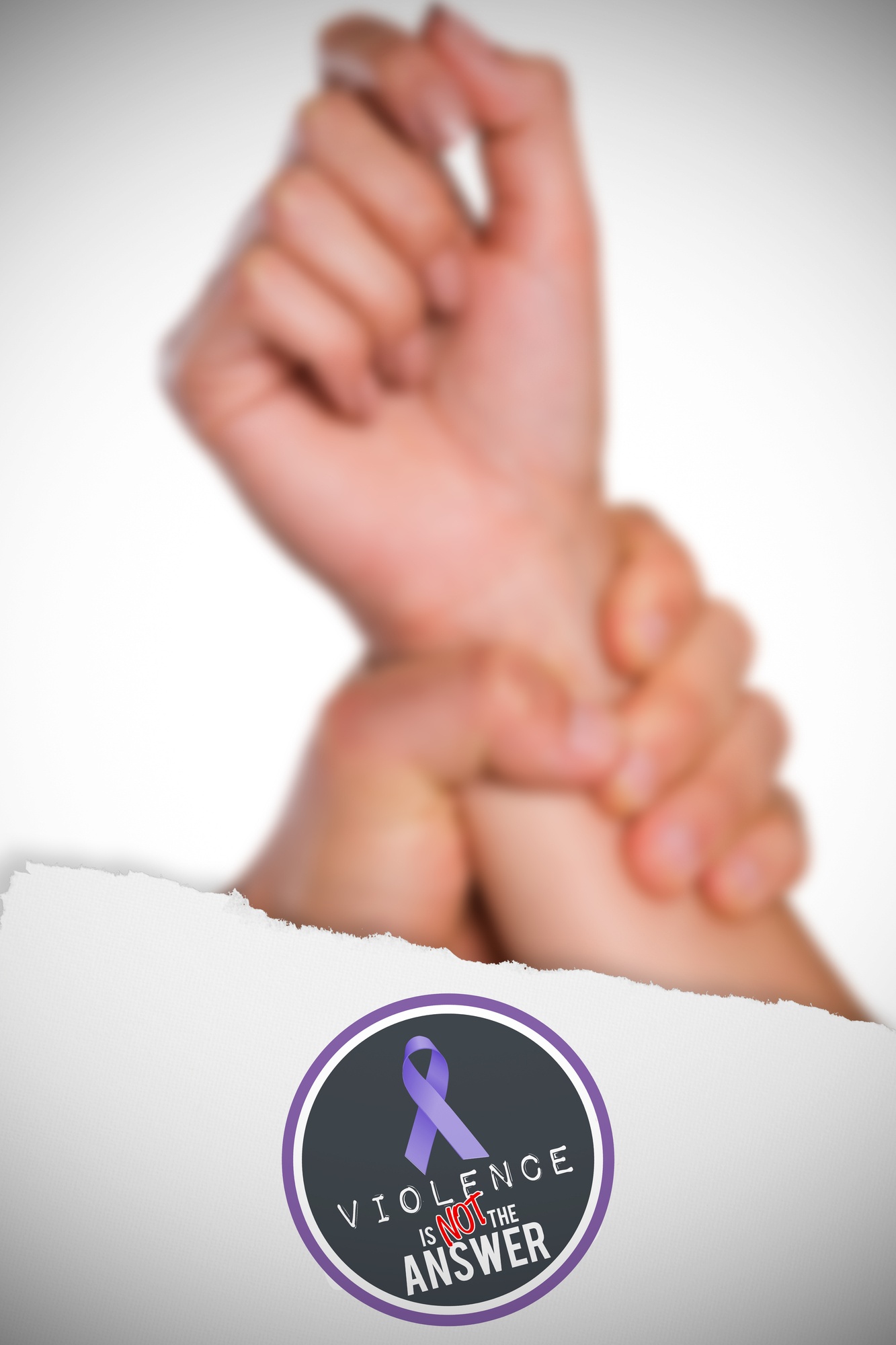
SEXUAL VIOLENCE
Sexual violence refers to any sexual activity where consent is not obtained or freely given. This can include words and actions of a sexual nature against a person’s will. People may use force, threats, manipulation or coercion to commit sexual violence.
Anyone can experience or perpetrate sexual violence. Offenders are usually someone known to the victim and can be a friend, intimate partner, coworker, classmate, neighbor, or family member of the victim. They are adolescents, adults and elders.
“Together, we can change the conditions that contribute to sexual violence..”
Forms of Sexual Violence
- Rape
- Sexual assault
- Child sexual abuse
- Incest
- Grabbing or groping
- Sexting without permission
- Ritual abuse
- Commercial sexual exploitation (Example: human trafficking)
- Exposure and voyeurism
- Forced participation in the production or viewing of pornography
- Any other unwanted sexual act
If You Have Recently Been Sexually Assaulted
- Get to a safe place. If you are in danger, or want to report the incident, call 911 for immediate police assistance.
- Call the 24-Hour Victim Services Hotline at 814-944-3585 or 1-800- 500-2849. An advocate is available to talk with you about safety and any other concerns you may have, give you the information you need and, if you like, will accompany you to the police station, hospital, or doctor’s office.
- Get medical attention right away. You do not have to talk to the police in order to get a forensic exam. You may have sustained injuries that you cannot see or feel and you have options pertaining to the prevention of pregnancy or sexually transmitted infections. The exam is free to you.
- Preserve possible evidence. Do not shower, drink or eat, douche, or change your clothes. These activities destroy physical evidence that can be used if you choose to report the assault to the police.
- Do not move anything at the scene, if possible. If you choose to press charges, the police will need to examine the scene for evidence.
Natural Reactions Following a Sexual Assault
It is natural for the effects of the assault stay with you for a while. During the months following an assault, you may continue to experience a wide range of emotions such as fear, distrust, anger, shame, humiliation, and guilt. Remember that this is natural and that it is important to respect your own timetable of healing.
After several months you may find that the more severe symptoms, such as nightmares or flashbacks, have disappeared, while other symptoms, such as increased levels of anxiety and fear, may persist. You may find that certain times and/or events trigger some of these feelings.
Everyone recovers in a manner that is unique and appropriate to them. Recovery from sexual assault occurs in stages and is very personal. Some survivors express their feelings while others keep their feelings to themselves. Some try to block emotions by keeping themselves busy, while others talk about the assault frequently. Some are afraid of crowded situations and prefer to keep to themselves, while others are afraid to be alone.
You may experience various forms of trauma. Reactions to trauma vary from person to person. Survivors may experience physical trauma such as, intense stress reactions, increased breathing, blood pressure, and heart rate, as well as tightening of the muscles. Survivors may feel exhausted but unable to sleep, and they may have headaches, increased or decreased appetites, or digestive problems.
Survivors may experience emotional trauma such as, intense feelings of anger, vivid dreams, nightmares or flashbacks of the event and feelings of fear and insecurity, and trouble concentrating. Others may experience a sense of feeling disconnected, shock, or disbelief. These are all normal feelings for someone who has experienced a traumatic event.
Talking about the assault and developing a network of support can be a very important part of the healing process. For some people, talking with friends and family is most helpful. Others prefer speaking with a trained counselor or therapist.
Important Things to Remember
- Recovery takes time.
- It was not your fault.
- Being vulnerable or intoxicated is not an excuse for someone to assault you.
- Rape or sexual assault is not an act of sex or lust – it is about aggression, power, and humiliation.
- Complying and cooperation is not the same as consent.
- Sometimes cooperating or complying is the best thing to do.
- Take care of yourself physically and emotionally. This includes proper eating, rest and relaxation, doing nice things for yourself, and asking for help.


